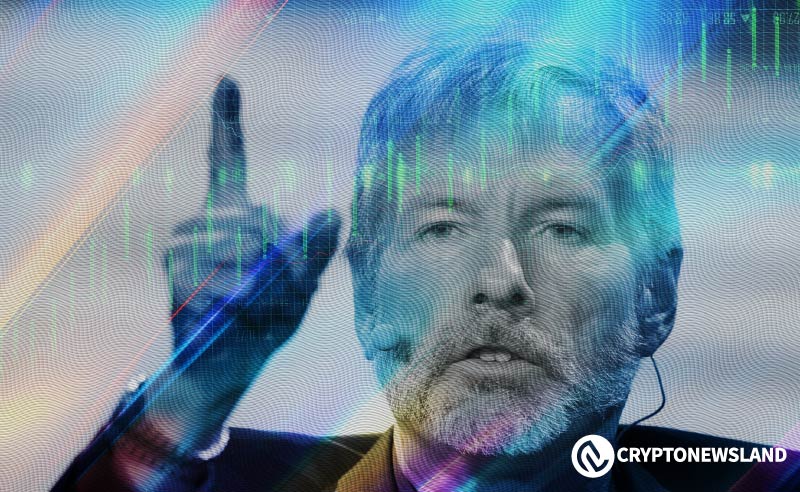- Michael Saylor proposes burning Bitcoin keys after death to boost scarcity and benefit global holders.
- Saylor’s idea highlights ethical and practical concerns about ownership and inheritance in the crypto world.
- The crypto community is divided on Saylor’s proposal, sparking debates on Bitcoin’s value and long-term vision.
Michael Saylor has suggested that Bitcoin holders should burn their private keys upon death. This action, he argues, would enhance Bitcoin’s scarcity and benefit the global community of holders.
Proposal Linked to Bitcoin’s Deflationary Nature
The proposal aligns with Bitcoin’s deflationary design. The cryptocurrency has a fixed supply of 21 million coins. Over 94% of these coins have already been mined, with fewer than 1 million remaining. By permanently removing access to some Bitcoins, scarcity would increase hence boosting their value.
This concept mirrors Bitcoin’s halving process, which reduces mining rewards every four years. Saylor compares the deliberate destruction of private keys to this mechanism. He believes it would reinforce the principles that make Bitcoin valuable, such as limited supply and decentralized ownership.
Ethical Questions on Ownership and Legacy
The idea of burning keys raises ethical and practical concerns about digital ownership and inheritance. It challenges traditional views on passing wealth to heirs. Some critics argue that destroying keys could conflict with principles of financial inclusion and equity.
On the other hand, supporters see it as a selfless contribution to the Bitcoin network. They argue that reducing circulating supply could enhance the asset’s long-term value for the remaining holders.
The suggestion emphasizes the responsibilities of Bitcoin holders within a decentralized system. His vision highlights Bitcoin’s role not just as a financial asset but also as a community-driven ecosystem. This perspective encourages discussions about the long-term implications of Bitcoin ownership.
Community Divided Over Controversial Vision
The crypto community remains divided over the proposal. Supporters believe it reinforces Bitcoin’s deflationary nature. Critics view it as impractical and ethically complex. However, the suggestion has fueled ongoing discussions about Bitcoin’s governance, scarcity, and its role in shaping future economies.
As Bitcoin gains traction in mainstream finance, such ideas will likely influence conversations about digital ownership and legacy planning. Saylor’s vision contributes to the broader discourse on cryptocurrency’s future in global markets.

